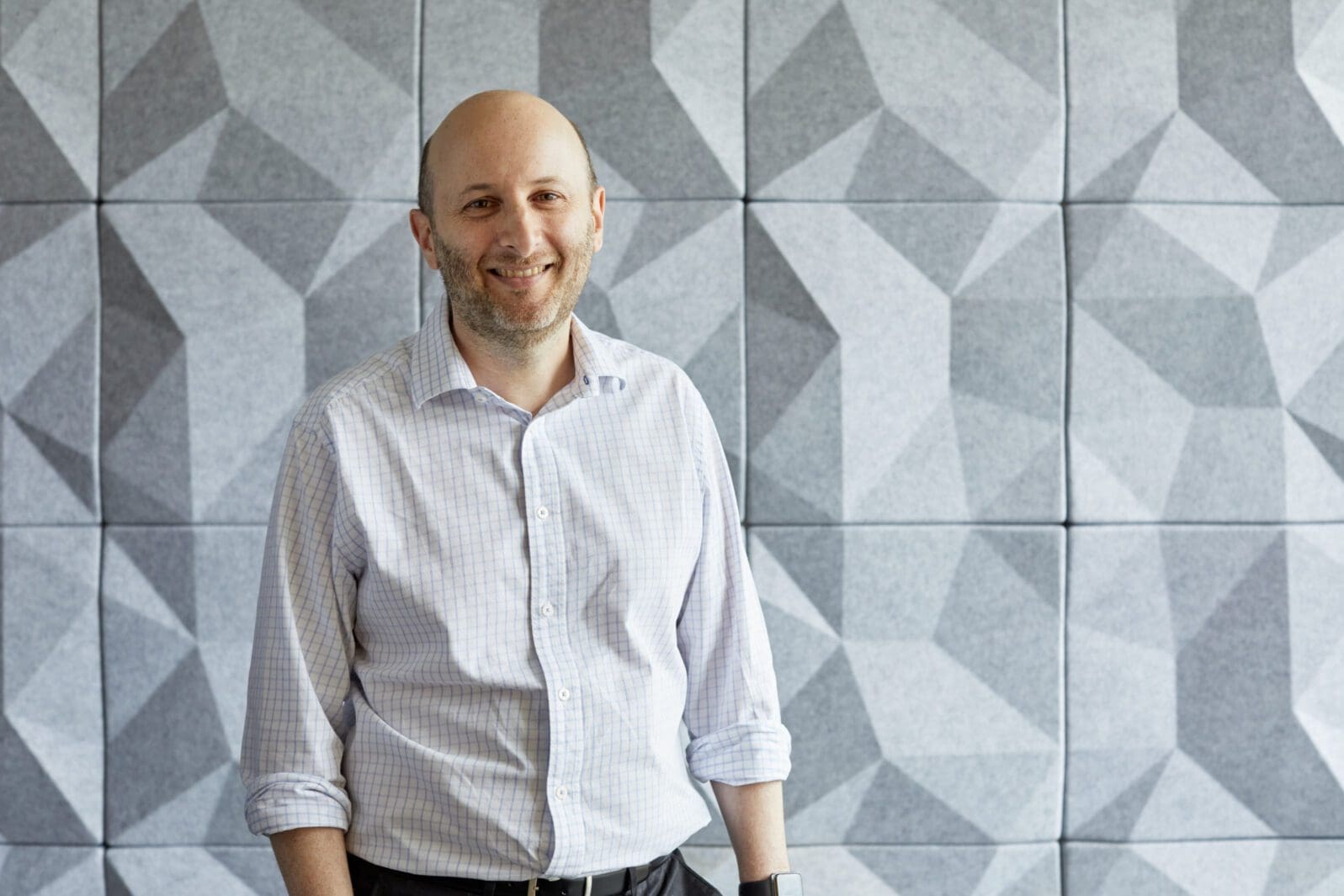“Children are not little adults, their cancers are different”
Sydney’s Professor David Ziegler plans to be able to improve treatment for every child with cancer.
He’s working in the clinic to trial treatments for the fatal brain stem tumour DIPG, Diffuse Intrinsic Pontine Glioma.
And he’s driving the development of the national Zero Childhood Cancer (ZERO) project – to give every child with cancer the best chance of an effective treatment.
Professor Ziegler works at UNSW, the Children’s Cancer Research Institute, and the Kid’s Cancer Centre at Sydney Children’s Hospital.
He will receive the Jian Zhou Medal from the Australian Academy of Health and Medical Sciences together with Melbourne’s Professor Laura Mackay who discovered our body’s first responders – immune T cells in skin, gut and other barriers. Now she’s working out how to both supercharge these cells to better fight infection and cancer, and to calm them down to avoid autoimmune disease.
The medal is named in honour of Professor Jian Zhou who coinvented the cervical cancer vaccine with Professor Ian Frazer. It is awarded annually by the Academy of Health and Medical Sciences for impact in translational medical research.
At every step along the medical research pipeline – from fundamental scientific discoveries to testing radical new treatments – David Ziegler is leading the hunt for new therapies for the deadliest childhood cancers.
As head of the neuro-oncology program at Sydney Children’s Hospital and clinical trials program at the Kids Cancer Centre, David established the first Australian early-phase clinical trials platform to get new children’s cancer therapies into the clinic faster.
“Children are not just little adults. Their cancers are different, and we really need the separate research and clinical trials specific for children with cancer,” says David.
The University of New South Wales Conjoint Professor and Kids Cancer Alliance director also set up Australia’s first research investigating the fatal brain stem tumour DIPG, Diffuse Intrinsic Pontine Glioma. He leads the multiple national and international clinical trials for children with DIPG and other aggressive cancers.
David co-developed the national Zero Childhood Cancer (ZERO) to bring personalised medicine to every child with cancer.
In its first six years, new treatment options have been found for more than 70 per cent of the 1000 young patients enrolled.
“We can analyse every gene in that cancer and get a result back to clinicians within a few weeks, allowing each child to get the best diagnosis, the best prognostic information and the best treatment options,” he says. He aims to make this standard of care available to all the 1,000 children diagnosed with cancer in Australia each year.
His most recent research has led to four clinical trials being established for DIPG, including a first-in-child study, testing different ways of attacking the cancer.
“In 10 years’ time I’d like to be out of a job,” he says
“I’d like to know that we’re really reaching at 100 per cent cure rate, that there will be no child at diagnosis who is told we don’t have any treatment option.”
Jian Zhou Medal selection committee chair Professor Ian Frazer AC says, “Through his work with patients, in the lab, and in research leadership, Professor Ziegler is transforming children’s cancer treatment.”
AAHMS launched the Jian Zhou Medal in 2020 to recognise rising stars in Australian health and medical science. The award is made possible by a generous donation from the Frazer Family Foundation and the medal is designed and minted by the Royal Australian Mint.
Nominations for the 2023 medal will open in October this year. Read about the Jian Zhou Medal at https://aahms.org/programs/awards/jian-zhou-medal/
Media: AAHMS Communication Manager Katie Rowney, [email protected], 07 3102 7212, 0419 787 551
Niall Byrne, [email protected], 0417 131 977
Media kit and video at www.scienceinpublic.com.au.

